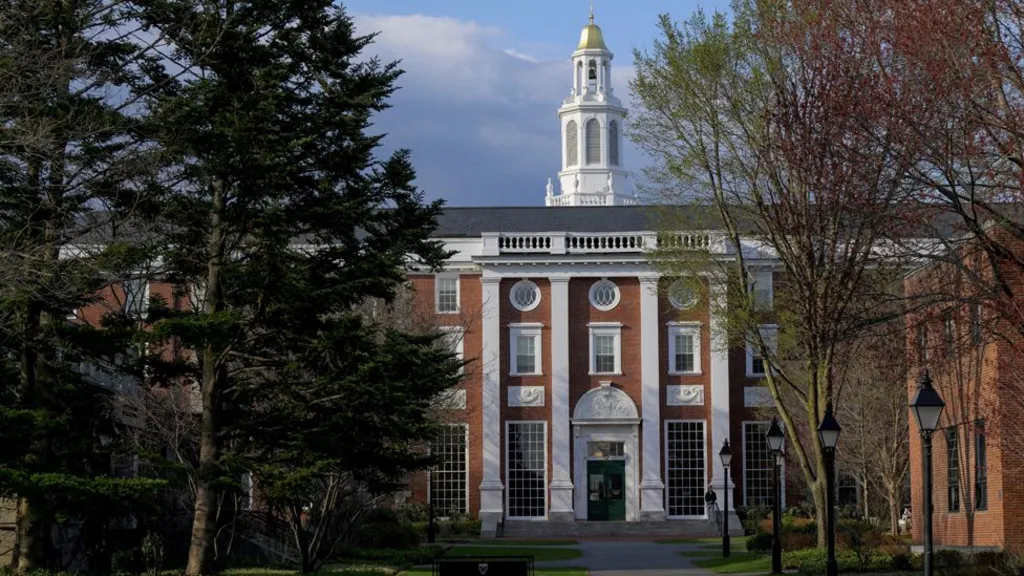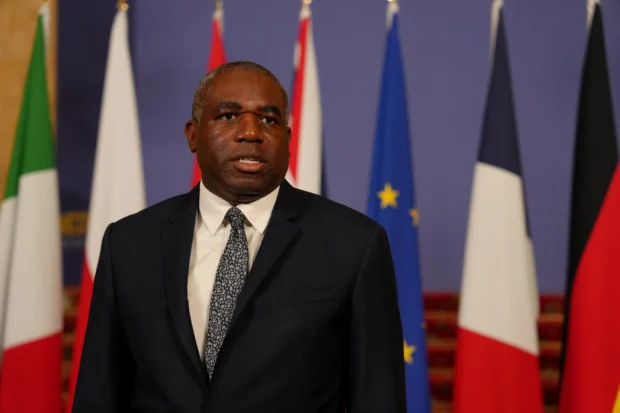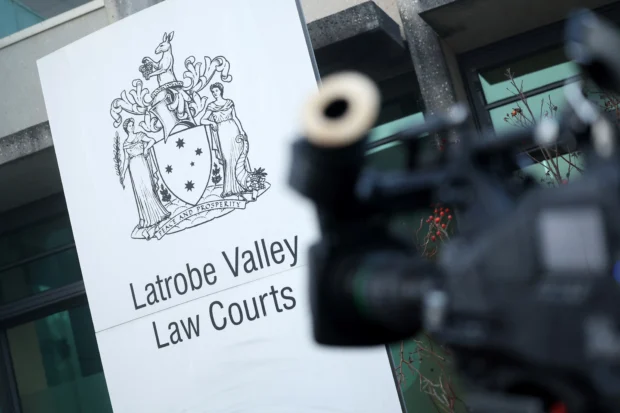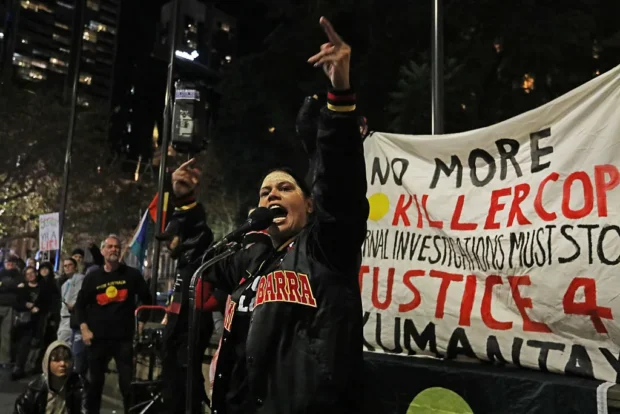
A federal judge has issued a temporary restraining order blocking the Trump administration’s attempt to prevent Harvard University from enrolling international students.
The ruling follows Harvard’s lawsuit challenging the administration’s Thursday decision to revoke the university’s access to foreign student enrollment systems. Harvard called the move a “blatant violation” of law and free speech rights.
The Trump administration claims Harvard has failed to adequately address antisemitism and reform its hiring and admissions practices. Harvard strongly denies these allegations.
US District Judge Allison Burroughs granted the temporary restraining order Friday, pausing the Department of Homeland Security’s revocation of Harvard’s access to the Student and Exchange Visitor Program (SEVP) database that manages foreign students.
Harvard argued in its lawsuit that the government sought to “erase a quarter of Harvard’s student body” with international students who “contribute significantly to the University and its mission.”
Harvard President Alan Garber condemned what he called “unlawful and unwarranted action,” describing it as part of government retaliation “for our refusal to surrender our academic independence” to “illegal assertion of control over our curriculum, our faculty, and our student body.”
White House deputy press secretary Abigail Jackson responded that Harvard should focus on “ending the scourge of anti-American, anti-Semitic, pro-terrorist agitators on their campus” rather than “filing frivolous lawsuits.”
After the restraining order, Jackson accused the judge of having a “liberal agenda,” stating that “unelected judges have no right to stop the Trump Administration from exercising their rightful control over immigration policy and national security policy.”
Harvard enrolls approximately 6,800 international students, representing over 27% of its student body. About one-fifth come from China, with significant numbers from Canada, India, South Korea and the UK. Notable international students include Belgium’s future queen, 23-year-old Princess Elisabeth.
Leo Ackerman, planning to study education and entrepreneurship at Harvard starting in August, learned of the ban during a Zoom call with other international students. Despite describing it as “a really sad moment,” he remains hopeful Harvard’s legal action will allow him to continue his studies.
Eliminating foreign students would significantly impact Harvard’s finances. International students typically pay full tuition since they cannot access US federal grants and loans, essentially subsidizing aid for American students. Undergraduate tuition reaches $59,320 this academic year, with total annual costs often exceeding $100,000 before financial aid.
The Trump administration has targeted Harvard and other elite institutions, arguing they should suppress pro-Palestinian activists and claiming they discriminate against conservative viewpoints. It has launched investigations into dozens of universities and secured concessions from institutions like Columbia University.
President Trump said Friday that “Harvard is going to have to change its ways” and suggested considering measures against other universities. In April, the White House froze $2.2bn in federal funding to Harvard and threatened to remove its tax-exempt status.
Harvard has made some concessions, including dismissing leaders of its Center for Middle Eastern Studies who faced criticism for failing to represent Israeli perspectives. However, the latest lawsuit indicates the university’s willingness to fight the administration in court.
The university has enlisted high-profile Republican lawyers, including a Trump Organization advisor and Robert Hur, former special counsel who investigated Biden’s classified document retention.
International students worry the dispute could force them to transfer or return home. SEVP system access is required for student visas, and if Harvard loses database access, students could face visa violations and potential deportation.
Chinese student Kat Xie, in her second year of a STEM program, expressed shock at the sudden announcement. British students at Harvard, speaking anonymously due to immigration concerns, described feeling like “pawns in a game” despite acknowledging campus free speech issues that are “being actively worked on.”











Be the first to leave a comment